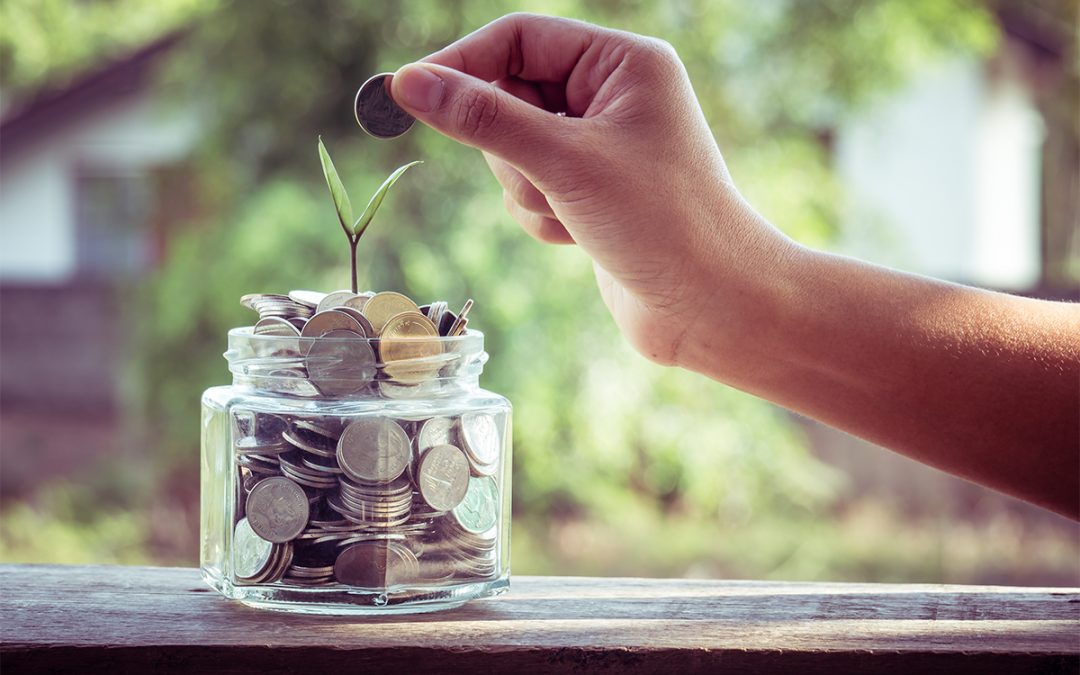A lot of people say it every January, but few follow through with their resolution to be smarter with their money. That’s OK. We’re human. We’re all guilty of failing to follow through with various plans.
The good news is that being more efficient with your money in 2018 doesn’t have to be a chore. In fact, it can be pretty easy process if you know where to begin. To help with that, Town Money Saver navigated the web and compiled five good tips to help you start being more efficient with your money in 2018.
Use cash, avoid the plastic
Using credit cards is convenient. But according to entrepreneur Mark Cuban, using plastic means “you don’t want to be rich.”
“The 18 percent or 20 percent or 30 percent you’re paying in credit card debt is going to cost you a lot more than you could ever earn anywhere else,” Cuban said in a CNBC Money article.
The CNBC piece cited the average credit card interest rate is 16.7 percent – that according to Bankrate.com.
And it’s not just Cuban who is saying cards can lead to problems. Cuban’s fellow “Shark Tank” investor Robert Herjavec advised to at least pay off credit cards every month so you can avoid interest charges.
“Credit card interest is probably the most expensive loan you could ever get,” he said in the article.
Pick a day to spend nothing
Not spending anything sounds easy, right? According to an article on CNBC Make It, picking at least one day a week to spend nothing can have a big impact on your wallet.
“David of Zero Day Finance, who goes by only his first name online, uses a simple strategy to minimize his spending,” according to the article. “The 26-year-old New Yorker commits to at least one ‘zero spend’ day a week, during which he actively avoids buying anything, including a morning coffee or an item from the drug store.”
In six months, David saved $18,432 by cutting his monthly spending from around $4,700 to $3,170, the article states.
That’s a lot of extra scratch.
Reconsider before checking out
Maybe “zero spend” days sound daunting or stressful. No worries – because the same article offered another tip to help with money efficiency that might be easier.
“Every time you check out at the grocery store, you need to look in your cart and find three to five items that you don’t need,” Cherie Lowe said to CNBC Make It. “You will save $5 to $10 every time you shop without cutting a single coupon.”
That brings us to the next tip – one that Town Money Saver knows a bit about.
Use coupons and more
Saving money with coupons is a tactic that’s been around for quite some time and is recognized as a great way to cut costs and put smiles on people’s faces. But not everyone takes advantage of what equates to essentially free money.
Whether online or in the mail, coupons are everywhere and easy to access. But don’t just take it from us. According to a Finance Buddha blog post, people should make use of sales, offers, and coupons when buying anything.
“Nowadays you can see many offers and sales available for everything from a car to a dress,” the blog states.
And according to Credit.com, coupons should be used as part of a “financial diet” after the holidays.
“Try and put yourself on a ‘financial diet’ after the holidays. Focus on your debt instead of spending frivolously. Consider only spending money on essential expenses and use coupons.”
Moreover, if you’re into shopping locally, Town Money Saver’s monthly magazine is filled with local coupons and savings from businesses in more than 160 communities. And if you don’t receive our magazine, you can find offers at townmoneysaver.com or on our mobile app, which can be downloaded from Google Play and the App Store for free.
Prepare for emergencies
Having an emergency fund can really help in a pinch – not only with budgets but also with stress. Having money to fall back on when life happens is a cause for serious peace of mind and financial freedom to do other things.
“Although your savings account might double as a rainy-day fund, if you’re savvy about saving you’ll have a fund dedicated solely to emergencies,” according to a Bankrate article. “Your savings account might be for big expenditures — like a down payment on a house or a car — but you should not touch the money in your emergency fund unless there’s an actual emergency. If you lose your job or have to go to the hospital, you’ll have something to fall back on without having to sacrifice the big purchase you’ve been saving for.”
According to Bankrate, an emergency fund should typically have enough to cover four to seven months of expenses. But because that can be a bit lofty, Bankrate says it’s totally fine to start with a small goal of $1,000 and then work up.

